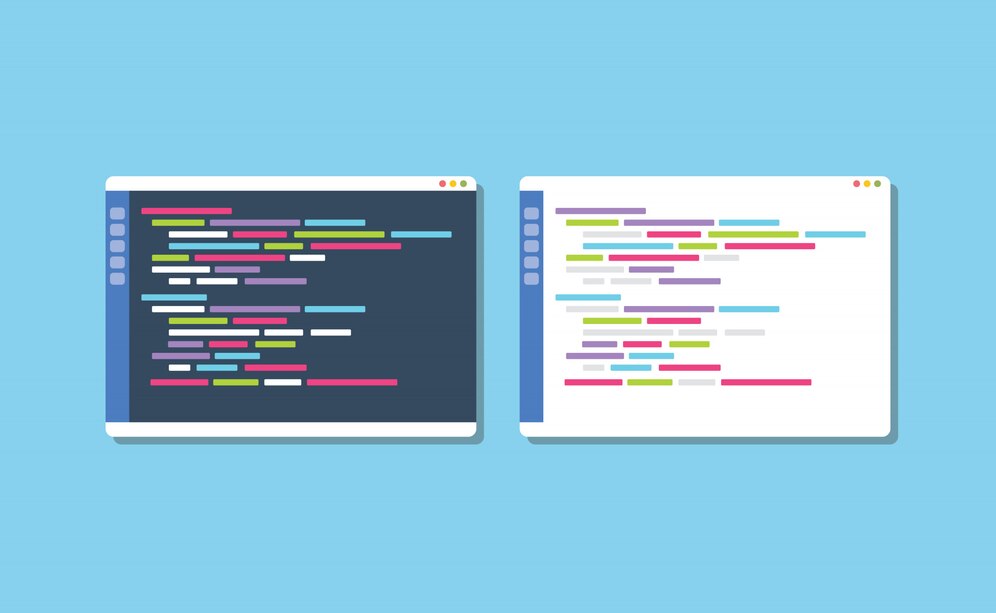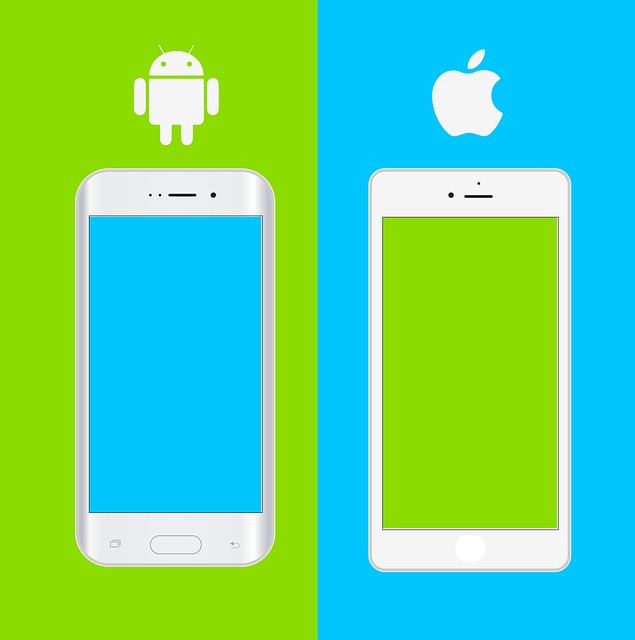
What Are the Differences Between Hybrid and Native Apps?
August 31, 2022
The world of mobile apps is a vast one. There are thousands of programs that can improve your smartphone's function, appearance, or efficiency in some fashion or another.
Of those thousands, there are two main categories: Native apps and hybrid mobile apps (which might be confusingly referred to as HTML5 apps).
Mobile apps are among the most in-demand services businesses, and individuals can seek today. Apps allow us to complete tasks and send information from our mobile devices directly to other parties. Reed more here Why Are Mobile Apps For Business So Important?
The demand for apps appears to be at an all-time high, so many are being created daily.
If you're in the process of developing a new app, you might be wondering which type of mobile application you should be building — hybrid app or native (sometimes also called "cross-platform") apps.

Both Native and Hybrid apps have their own set of pros and cons. In this article, we'll discuss the differences between these two options.
1. Hybrid Apps
Hybrid apps are a combination of native and web applications. They can be accessed via a web browser and downloaded from app stores like their native counterparts, but they also leverage HTML5 code to function more as a traditional website would on desktop devices (e.g., accessing dynamic content without needing an internet connection).
How do they work?
The process is similar to that of native apps. A hybrid app is built using HTML, CSS, and JavaScript.
When the app is launched on a device, it accesses the native platform's WebView (UIWebView for iOS and WebView for Android). This allows the app to interact with the native device platform to feel natural to users.
2. Native Apps
Mobile applications developed specifically for operating systems like iOS or Android are native apps.
There are app stores for both Apple and Google, and both take advantage of the unique features of each operating system. Users can benefit from this by accessing their respective stores.
How do they work?
Native apps are developed using different programming languages such as Java, Swift, or Objective-C. The biggest disadvantage of native applications is that they cannot be used on other devices, unlike cross-platform apps.
They are programmed in a language native to that operating system, and they require separate versions for each platform.
You may see two different apps for a company when you search for them in the App Store and on Google Play: one for iOS and one for Android.
The advantage of this approach is that each app can be optimized for its own platform, allowing developers to take advantage of all the features that make each platform unique.
Hybrid apps Vs. Native apps Comparison
If you're considering developing an app, you have a big decision: native or hybrid?
Each type has its own benefits and drawbacks.
Hybrid apps are built using web technologies such as HTML5, CSS, and JavaScript. This allows them to be used across multiple platforms without building and maintaining different versions.
Native apps, on the other hand, are built specifically for one platform—generally either iOS or Android. While this makes it more difficult to scale across platforms, the upside is that native apps can use the device's built-in features.
Hybrid apps offer a more streamlined development process and a wider potential audience because they can be used on Android and iOS devices. However, if you want your app to take advantage of the device's capabilities (like GPS or cameras), native apps might be a better choice.
Native apps are more reliable and resource-intensive; hybrid apps are more affordable and accessible but not quite as reliable or powerful.
The benefits of both apps include being able to buy/request them for clients easily, having direct communication through notifications, and collecting real-time data, among other things.
Summary
At the end of the day, there is no easy answer to this debate. Both platforms have their drawbacks and benefits.
Ultimately, going native or hybrid app with your app will depend on your financial, technical, and marketing needs.
So before you make a decision, do some additional research into each type of app and think carefully about what your goals are.
Also, talk with mobile app development experts from the companies you plan to work with to find out what could work best for you.


